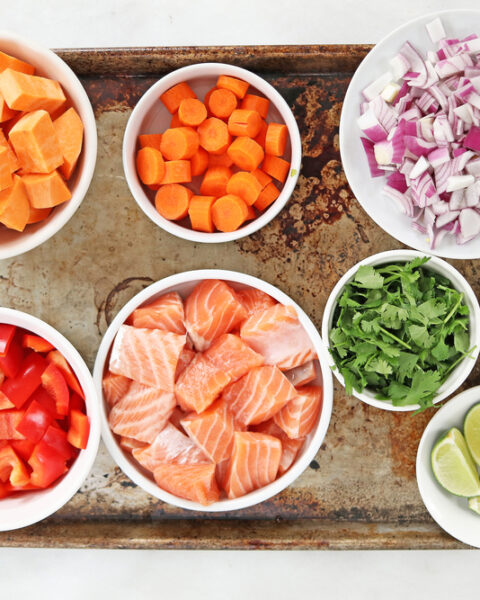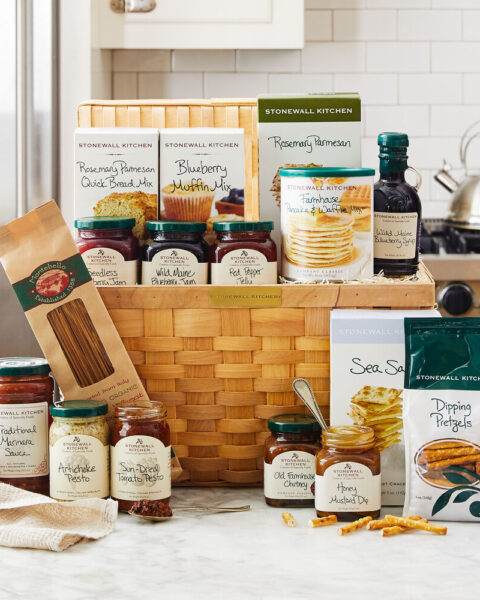A lot of people hesistate to start healthy living, thinking that it is going to cost much. But living a healthier lifestyle doesn’t have to come with a hefty price tag. In fact, there are plenty of simple and effective ways to improve your health without breaking the bank. With a little creativity and planning, you can find ways to live a healthy life. To help you start, here are some practical tips to help you prioritize your health while keeping your finances in check.
Contents
- 1 Plan Your Meals
- 2 Cook at Home
- 3 Embrace Plant-Based Meals
- 4 Drink More Water
- 5 Exercise at Home
- 6 Buy in Bulk
- 7 Grow Your Own Herbs
- 8 Shop Seasonal and Local
- 9 Practice Portion Control
- 10 Take Advantage of Free Health Resources
- 11 Limit Processed Foods
- 12 Utilize Public Transportation or Walk
- 13 Make Use of Leftovers
- 14 Take Advantage of Sales and Discount
- 15 Get Enough Sleep
- 16 More From RetailShout
- 17 16 Easy Slow Cooker Recipes That Practically Cook Themselves
- 18 14 ALDI’s Sneak Peek Finds for the Week
Plan Your Meals

Planning your meals ahead of time can save you both money and calories. When you know what you’re going to eat for the week, you can make a shopping list that prevents impulse buys and reduces food waste. Try incorporating more whole foods like fruits, vegetables, and grains, which are often cheaper than processed options. Batch cooking on weekends can also save time and ensure you have healthy meals ready to go. By sticking to a plan, you’re less likely to resort to expensive takeout.
Cook at Home

Cooking at home is one of the best ways to control what goes into your food and your body. Preparing meals from scratch allows you to use fresh ingredients and avoid unnecessary additives and preservatives. It can also be a fun way to experiment with new recipes and cuisines. Start with simple, budget-friendly dishes that use seasonal produce and basic pantry staples. Over time, you’ll gain confidence in the kitchen, and your wallet and waistline will thank you.
Embrace Plant-Based Meals

Incorporating more plant-based meals into your diet can significantly reduce your grocery bill. Beans, lentils, and vegetables are not only affordable but also packed with nutrients like fiber, protein, and vitamins. You don’t have to become a vegetarian overnight; simply replacing a few meat-based meals each week with plant-based alternatives can make a big difference. Plus, eating more plants is great for your health and the environment.
Drink More Water

Water is the most budget-friendly drink you can choose, and it’s essential for maintaining good health. Staying hydrated helps with digestion, energy levels, and skin health. Instead of spending money on sugary drinks or expensive bottled water, invest in a reusable water bottle and fill it up throughout the day. Add slices of lemon or cucumber for a refreshing twist without added sugars or calories.
Exercise at Home

You don’t need an expensive gym membership to stay active. There are countless free resources online, including workout videos and fitness apps, that can help you exercise from the comfort of your home. Bodyweight exercises like push-ups, squats, and planks are effective and require no equipment. Walking, running, or cycling outdoors is also a cost-effective way to get your daily dose of exercise while enjoying nature.
Buy in Bulk

Purchasing staples like grains, nuts, and seeds in bulk can save you money in the long run. These items have a long shelf life and are often cheaper per unit when bought in larger quantities. Store them in airtight containers to keep them fresh, and you’ll always have the ingredients you need for healthy meals. Buying in bulk also reduces packaging waste, making it a more eco-friendly choice.
Grow Your Own Herbs

Starting a small herb garden can be a fun and inexpensive way to enhance the flavor of your meals. Herbs like basil, mint, and parsley are easy to grow indoors or in a small outdoor space. Not only do they add fresh flavors to your dishes, but they also save you money on store-bought herbs, which can be pricey. Plus, gardening can be a relaxing and rewarding hobby that connects you with nature.
Shop Seasonal and Local
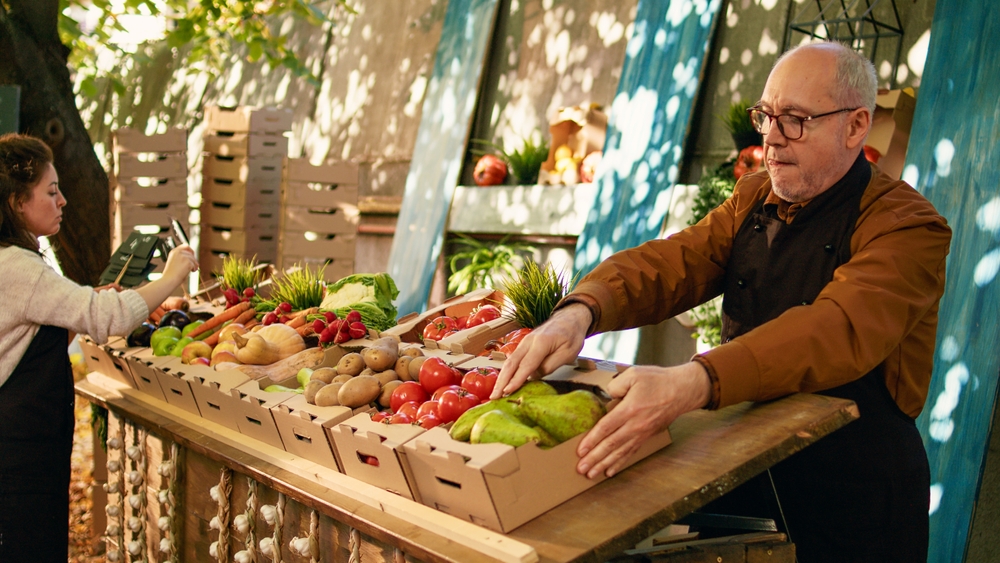
Fruits and vegetables are often cheaper and tastier when they’re in season. Shopping at local farmers’ markets or joining a community-supported agriculture (CSA) program can provide you with fresh, high-quality produce at a lower cost. Seasonal produce also tends to be more nutrient-dense because it’s harvested at its peak. By supporting local farmers, you’re also contributing to your community’s economy.
Practice Portion Control
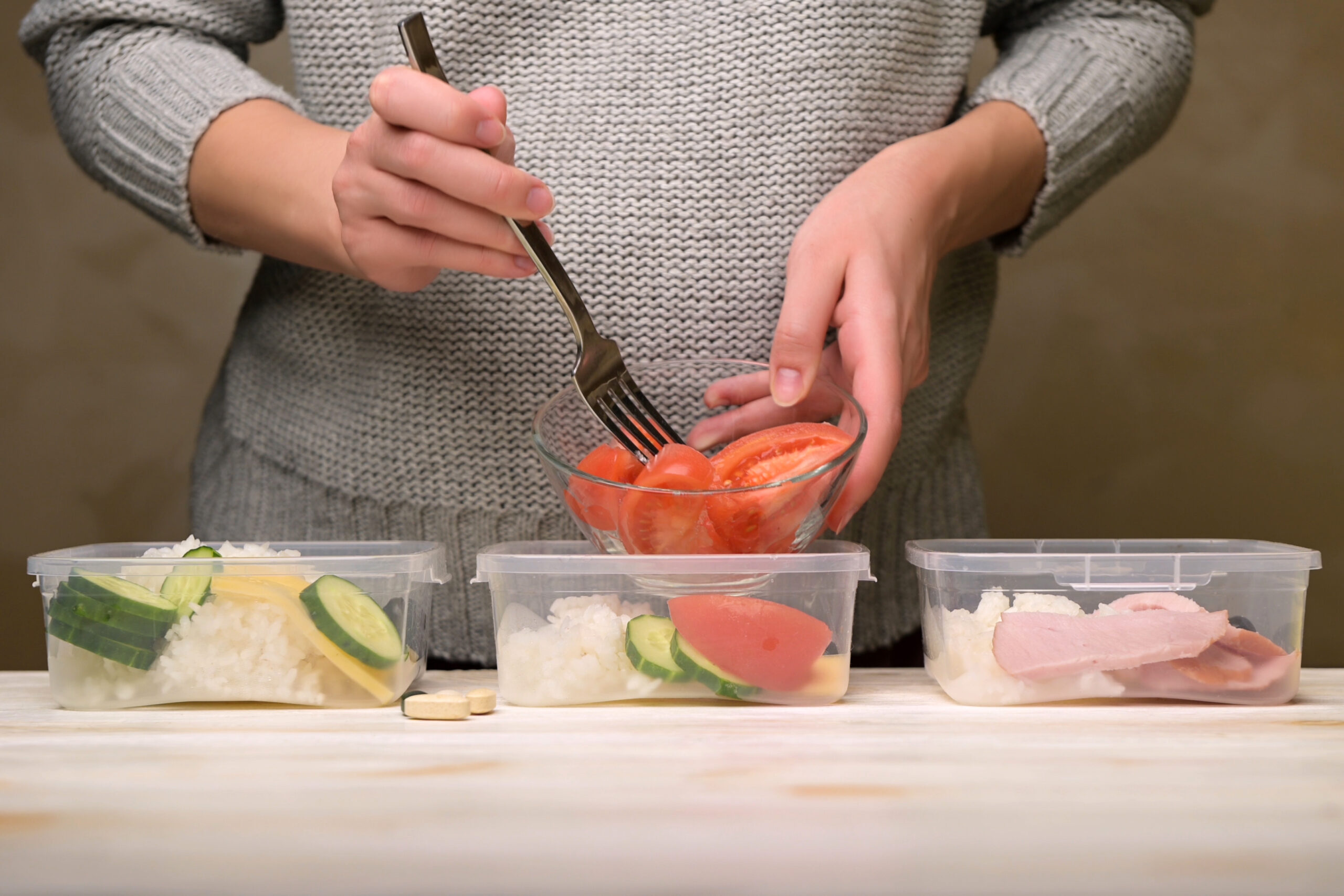
Eating smaller portions is an effective way to maintain a healthy weight and reduce food costs. By being mindful of your portions, you can stretch your meals further and avoid overeating. Use smaller plates to help control portion sizes, and listen to your body’s hunger cues. Learning to recognize when you’re full can prevent you from consuming unnecessary calories and help you save money on groceries.
Take Advantage of Free Health Resources

Many communities offer free or low-cost resources to help you stay healthy. Check out your local library for free fitness classes, health workshops, or wellness events. Many public parks also offer free outdoor workout stations or walking trails. Additionally, some health clinics provide free or discounted screenings, vaccinations, and wellness checkups. Taking advantage of these resources can help you stay on top of your health without spending a fortune.
Limit Processed Foods

Processed foods are often more expensive and less nutritious than whole foods. By cutting back on processed snacks, sugary cereals, and pre-packaged meals, you can save money and improve your diet. Focus on eating whole foods like fruits, vegetables, lean proteins, and whole grains. These foods provide more nutrients and keep you fuller for longer, reducing the need for expensive snacks and takeout.
Utilize Public Transportation or Walk

If possible, consider using public transportation, biking, or walking instead of driving. Not only can this save you money on gas, parking, and car maintenance, but it also adds extra physical activity to your day. Walking or biking is a great way to incorporate more movement into your routine, and it’s a sustainable way to reduce your carbon footprint. Plus, exploring your neighborhood on foot can be a refreshing change of pace.
Make Use of Leftovers
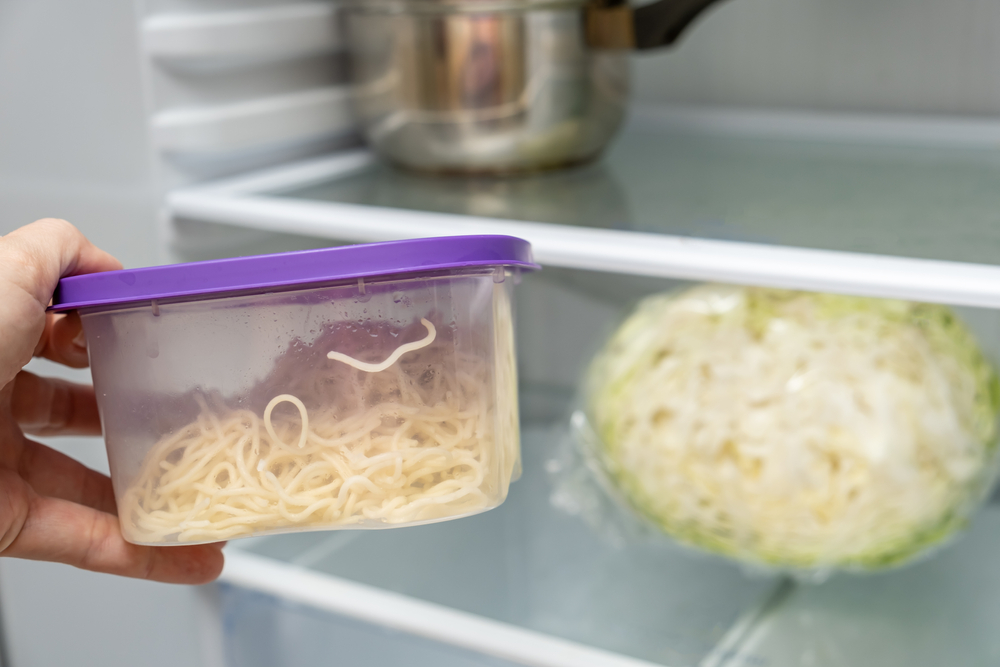
Transforming leftovers into new meals is a smart way to reduce food waste and stretch your grocery budget. Get creative with what’s in your fridge; leftover vegetables can be turned into a stir-fry, and roasted chicken can become the base for a hearty soup. Learning to repurpose ingredients not only saves money but also reduces the amount of food that ends up in the trash. It’s a win-win for your wallet and the environment.
Take Advantage of Sales and Discount

Keep an eye out for sales and discounts at your local grocery store. Many stores offer weekly deals on fresh produce, lean meats, and other healthy foods. Using coupons and taking advantage of loyalty programs can also help you save money. Plan your meals around what’s on sale, and stock up on non-perishable items when they’re discounted. By being a savvy shopper, you can eat healthy without overspending.
Get Enough Sleep

Sleep is one of the most crucial aspects of a healthy lifestyle, and it doesn’t cost a thing. Getting enough rest helps your body recover, reduces stress, and boosts your immune system. Aim for 7-8 hours of sleep each night, and establish a relaxing bedtime routine to improve the quality of your rest. Turn off electronics, dim the lights, and unwind with a good book or calming music. Prioritizing sleep is an easy and cost-free way to enhance your overall health and well-being.
This article originally appeared on RetailShout.
More From RetailShout
14 Hot New Costco Products You Should Be Stocking Up On

If you love shopping at Costco, you know how exciting it is when they introduce new products. From unique snacks to practical household items, there’s always something fresh and useful. Read More.
16 Easy Slow Cooker Recipes That Practically Cook Themselves

Slow cooker meals are the best when you want a home-cooked dish without spending hours in the kitchen. These recipes are perfect for busy days when you just toss in the ingredients, set the timer, and let the slow cooker do its thing. Read More.
14 ALDI’s Sneak Peek Finds for the Week

ALDI’s latest Sneak Peek is filled with goodies that are bound to make your week easier and more delicious. The fall flavors are in full swing, and there’s something satisfying for every craving—from quick dinner solutions to sweet snacks. Read More.



